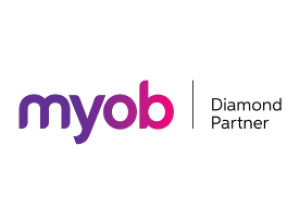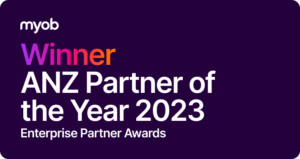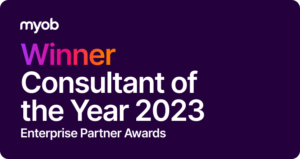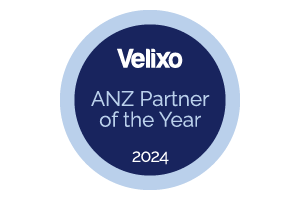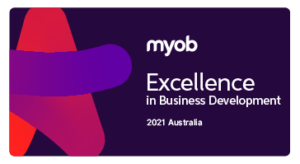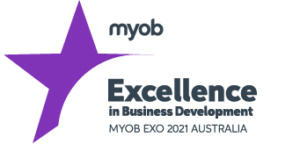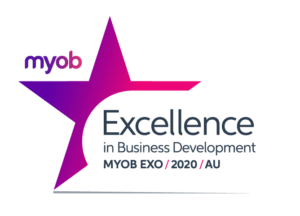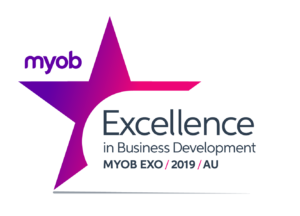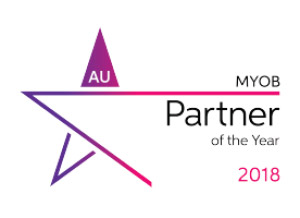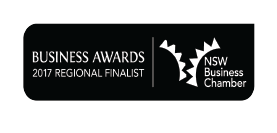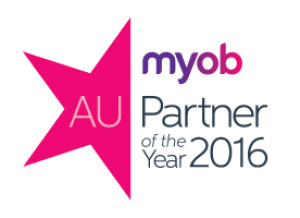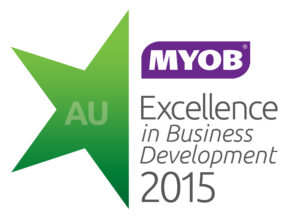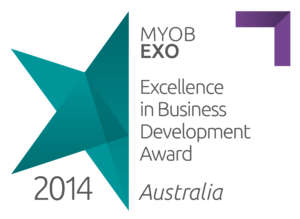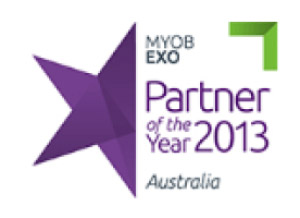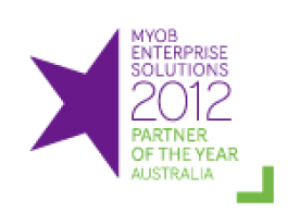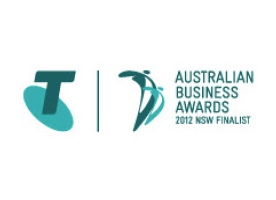File Server & Server Based Software
Understand where your data is storedFile Server & Server Based Software, Options for Deployment
Every business has a need to collect and store data, to provide their staff access to the data in a controlled way, to access email and to provide access to business applications for their staff to manage & run the business.
Where data is stored, where your email is managed and where your business applications are maintained depends upon a number of factors. The options available currently are:
- In-house on your own file severs
- In a “Private Cloud” hosted environment
- In a “Public Cloud” hosted environment
- In-house on a “Managed Service”
What are the differences between these options:
In-house on your own file severs
- The file server is in your office, you own it & the licensing, it is your asset & therefore your capital cost.
- You are responsible for administering and managing the file server & the software/systems that run on it. You can out-source this responsibility under a server management agreement.
- You are responsible for the backup & business recovery planning. You can out-source this responsibility under a server off-site backup agreement.
- To access the data & software on the file server you will need to be in the office or have remote access setup via a secure internet connection.
“Private Cloud” hosted environment
- The file server is built for you by your host provider as a dedicated virtual file server on server infrastructure owned by your host provider located in a specialist secure data centre. The Capital cost is the host provider’s.
- Each file server is custom built for each client exactly the same as if the file server was in-house on your own equipment. Microsoft licensing is provided on a monthly subscription model.
- The file server is fully warrantied, managed & administered by the provider as part of the hosting agreement.
- The file server is fully backed up on-site & off-site as part of the hosting agreement.
- To access the data & software on the file server all you need is an internet connection and a login to access the system.
- Where the end user interface to the Software is via a browser (Firefox, IE or Chrome) the software can be accessed directly from the end users workstation. Where a client application is required to access the software or data an RDP Server is deployed and users login to the RDP server and use this as their workstation. This is the usual model recommended for MS Office and most ERP, Accounting and other applications that run through a locally installed application.
- Firewalls control access and users can be located anywhere in the world.
“Public Cloud” hosted environment
- In a Public Cloud environment such as GoogleDrive, Azure, Amazon Web Services, Dropbox you are “renting” resources on the host providers’ systems. Depending on the provider the file servers are not dedicated to the client but are using shared resources with protection of data based on files & software being linked to your account.
- The hosting environment is fully managed by the host provider. Account administration is usually your responsibility.
- Backups are the responsibility of the host provider and vary from provider to provider in terms of cycle and retention.
- Access to the data and software on the public cloud hosted environment is via the internet and a login.
- Not all public cloud hosted environments facilitate the installation of third party software.
- Ownership of content of any documents stored on public cloud hosted environments varies from host to host. Detailed analysis of the right to use the content needs to be checked on a case by case basis.
- Public cloud hosted environment tend to be anonymous, often with only communication via email or online chat. This can make dealing with problems or specific requirement extremely difficult.
In-house on a “Managed Service”
- In-house Managed Service is where the host provider provides a fully managed file server in-house. Capital cost is host provider’s responsibility.
- The file server is owned by the host provider and is effectively a Private Cloud hosted server but rather than being located in the host provider’s secure data centre it is located in your office. Microsoft licensing is provided on a monthly subscription model.
- The file server is fully warranted, managed & administered by the host provider as part of the hosting agreement.
- The file server is fully backed up on-site & off-site by the host provider as part of the hosting agreement.
- To access the data & software on the file server you will need to be in the office or have remote access setup via a secure internet connection.
Which one to choose?
The decision on which model to choose depends on a number of factors:
- Where your staff and users are located and how they need to access the data and software on the file server
- Access to and quality of your internet connection
- Security of your data
- Cost and capital v operating budgets
- End user satisfaction
- Trust in your host provider
Ultimately the question comes down to where your data is best stored and managed. If we look at the type of data and systems you would be likely to need we can analyse the pros & cons of the different options. Often a hybrid solution is the best result.
How your eMail server is managed is usually the easiest one to tackle as in the vast majority of cases eMail servers are best being hosted in a Private Cloud hosted environment. Your email applications on your PC, Laptop, phone or tablet all operate natively via the internet so there is no compelling reason to have these on in-house servers. This also means any in-house environment is kept as simple as possible by out-sourcing this role to a host provider.
Public Cloud eMail hosting is also viable but the lack of “relationship” with the public cloud host providers usually ends up with a less than satisfactory result as you end up having to self manage the user accounts and settings. Your private cloud host provider would manage all this for you under a Private Cloud hosted model. A private cloud Exchange Server based eMail hosting usually also provides anti-spam and eMail archiving. Archiving is not available in a public cloud hosting environment.
eMail Archiving
One of the fastest growing issues with eMail is the tendency for users to want to keep their emails in their outlook folders. While this is convenient for the users, as the number & size of eMails grow and as staff come & go the amount of data being maintained in the Exchange message store starts to grow. This creates two problems, firstly as the Exchange database grows it requires more and more server & workstation resources to keep operating at optimal levels and secondly, the larger the Exchange database gets the greater the risk of corruption and the more difficult it becomes to repair or restore in the event of a failure.
Some Private Cloud eMail uses archive software alongside Microsoft Exchange Server which integrates with Exchange and Outlook to provide 2 key features, eMail journaling and Mailbox replication & archiving.
Journaling copies every inbound and outbound email message prior to it being received by the user and keeps a permanent copy that can’t be deleted or amended by the users. These are accessible only by authorised staff and provide a permanent audit trail of all email communications.
For most businesses this journaling feature has become an important advantage as it keeps a permanent record of ALL eMail communications received & sent under the company’s name. This provides a huge benefit in the event of a dispute with customers, suppliers or staff or to trace any unauthorised or inappropriate activity by staff.
Mailbox replication and archiving replicates the users’ mailbox and then deletes any messages older than 6 months from the live mail store (this is configurable). The archived messages are still accessible to the user via Outlook and via a web interface but from the “archive” store rather than the Exchange store. This allows you to keep as much email as the user wants without adversely impacting on the size of the Exchange message store which in turn reduces the overhead on the Exchange server and risk of database corruption as well as making searching of the live or archive stores faster.
eMail archiving also allows ex-employee eMail to be retained and easily accessible by authorised staff without having to maintain an Exchange eMail account.
General File Data Storage
Where your Word, Excel, Powerpoint, images and other files are kept is harder to determine.
Where your staff and users are on the road, working from multiple offices or from home regularly and they need to share data across the organisation we would recommend having your data file server in a Private Cloud hosted environment as this gives everyone equal access to the data and utilises the host providers’ high speed internet connection at our data centre. This takes the load off the internet connection at head office.
Where there are users who work with high resolution graphics files we would recommend either an in-house server or an in-house Managed Service (in-house hosted file server) as high resolution graphic files tend to be difficult to work with over an RDP session.
Where all your users are in one location with only occasional remote access requirements any of the four models can work and the decision comes now down to other factors such as internet connection speed and quality, cost, end user experience, security & trust.
If you do not have access to a good quality high speed internet connection we would not recommend either a Private or Public Cloud hosted environment and suggest that either an in-house file server or in-house Managed Service (in-house hosted file server) would be required.
We would recommend between 0.5 & 1.0 mbps bandwidth for each user and the connection should be an un-contended connection. An ADSL or ADSL2 connection for more than 4 or 5 people is not acceptable and even at this level because the connection is a shared connection the quality and speed cannot be guaranteed or controlled. An MPLS Layer 2 connection that creates a private tunnel between your offices and the data centre is ideal as this provides more control over the connection allowing you to manage and prioritise the traffic running over the connection.
Where capital expenditure budgets are restricted the in-house file server option would normally be ruled out as even a basic file server environment will start at around $10K to $15K once licensing, build and implementation services are factored in.
End-user experience is a very subjective issue, working locally on your PC or laptop accessing data on a local server is always going to deliver the best end-user experience as this removes potential bottlenecks that can arise with Private & Public Cloud hosted environments. But with good quality internet connections and either web based or thin client interfaces for your applications, these issues are diminishing.
The issue of security and trust is again difficult to quantify and judge, despite what many would think. A Private Cloud hosted environment is going to be more secure that your in-house file server. The physical security around our data centre, the redundant services and the firewalls in place make the data centre far more secure than your office. The question of trust comes down to the relationship you have with your host provider. You will not get this with a Public Cloud host provider.
Specialist ERP, Accounting and Other Database Applications
The setup of applications like SAP B1, Epicore, MYOB Exo, Dynamics AX, X3 or other database applications in a Private Cloud hosted environment is becoming more and more common. The reasons for this are many:
- These systems usually require higher spec server environment making the in-house file server cost greater
- The applications are designed to provide a good end-user experience either via a browser or when used via an RDP server
- Setup costs are reduced as the Private Cloud hosted server is faster and cheaper to deploy and the software application provider and host provider work together to deliver the solution in a more efficient way.
- Support by the application is easier at the software application provider has ready access to the system at any time.
- Upgrades are easier to manage as the host provider can provide a test server to run the upgrade without compromising the live system which can then be converted to the live system following UAT. Once the test server is converted to the live server the previous live server can be decommissioned.
- The Private Cloud hosted file servers are fully managed by trained technical staff which means only experienced IT personnel have access to the servers. This creates an environment where the file server is under very strict control and therefore the risk of problems are substantially minimised.
If you have any enquiries, give us a call on 1300 857 464 (AU) or 0800 436 774 (NZ), or send us an email at sales@kilimanjaro-consulting.com.
This article was written by QBT Consulting. Below are the services they provide:
Qbt Consulting is 100% owned and managed by Ivan Nisbet and has been operating as an out-sourced IT Services business since 1997. Currently, they have 25 staff working out of their Frenchs Forest offices on the Northern Beaches in Sydney. Since 2008 Qbt has been building up its Private Cloud hosting services to sit alongside the existing help desk, IT Infrastructure and Managed IT Services. Qbt has in excess of 160 Private Cloud hosted servers running in our data centre facilities at Equinix. Each of these Private Cloud hosted servers has been individually designed and configured for each client to meet the specific needs of the business. Qbt’s Private Cloud hosted servers are fully managed and administered by Qbt’s technical team as part of the hosting server agreements and are fully backed up on-site and off-site every night. Qbt can also provide in-house Managed Services (in-house hosted file servers) if required under the same model as our data centre servers. Qbt can also provide in-house file servers where Qbt designs, sources, builds and implements the in-house file servers and can then provide a file server administration, management and off-site backup agreement to deliver a completely worry-free server environment. Qbt can also provide help desk support with unlimited access to its help desk for end-user support as well as on-site support for any IT related issue on a retainer, time & materials or project basis.

